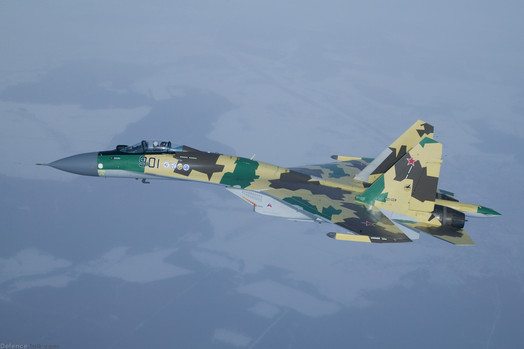A new defence strategy bid set to be unveiled by the Swedish government on Friday calls for increased co-operation with Nato, Swedish newspaper Svenska Dagbladet reports.
Nato membership is a long-running debate in Sweden, with Prime Minister Stefan Löfven’s ruling center-left coalition among those against it.
But the Svenska Dagbladet daily reports that it has studied the defence deal ahead of its presentation tomorrow and claims the text is largely positive to increased co-operation with the military alliance.
Quoting from the government proposal, the newspaper writes that “the expansion of Nato has been beneficial to security in Europe, including for Sweden” and that “our co-operation with Nato gives us the opportunity to increase our military capabilities” because “Nato is the only organization that has a developed ability to lead and conduct demanding military operations”.
The government wants to extend its co-operation with Nato by “increasing Swedish participation in Nato’s most advanced and complex exercises, especially within the framework of Nato’s quick response force, as well as in Nato’s recurring large-scale exercises”, it states.
Further co-operation with the United States is also emphasized in the defence strategy.
“As the US is a world leader in terms of military capability development, this area should be prioritized to Sweden’s defence co-operation,” writes the government, according to Svenska Dagbladet.
Sweden has recently revealed it is planning closer military co-operation with its Nordic neighbors, but has so far ruled out joining Nato.
Sweden’s new defence deal was struck last Friday after more than ten days of tense negotiations. The new agreement of 10.2 billion kronor still needs to be approved in parliament, but is guaranteed enough support following the cross-party talks.
The Moderate, Christian Democrat and Center parties reached an agreement with the Social Democrat-Green government to increase defence spending by 10.2 billion kronor ($111.9 million) between 2016 and 2020.
Sweden’s defence capabilities have been questioned following increasing military activity from Russia in the Baltic region.
In October 2014, a foreign submarine – suspected to be from Russia, although this was never confirmed – was spotted in Swedish waters just outside Stockholm. A number of Russian planes have also been spotted in or close to Swedish airspace over the past year.
Friday’s deal was met with some criticism from defence experts who believe that Sweden’s center-right parties should have fought harder for even higher spending.
The Liberal party – which dropped out of the latest negotiations because it was in favour of even higher spending – said the new cross party deal could come back to bite the coalition.
“The money is enough to clog some of the holes, but other holes will continue to leak,” said its negotiator Allan Widman last week.
“This does not amount to a strengthening of Sweden’s defence capability,” he told the TT newswire.










